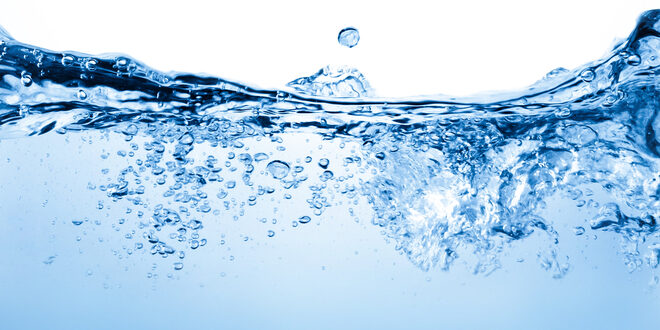General Waste Discharge Requirements for Discharges from Irrigated Lands, also known as Ag Order 4.0, were adopted by the Central Coast Regional Water Quality Control Board last week. There has been unease among farmers throughout the lengthy development process as to how the rule will affect production.
The order requires farmers to minimize nitrogen discharges to groundwater, minimize nutrient, pesticide and sediment discharges to surface water. The order also requires the protection of riparian and wetland habitat.
Ag Order 4.0 also provides incentives for the use of compost, organic fertilizers, and cover crops to improve soil health, increase moisture retention and carbon and nitrate sequestration, and incentives to utilize nitrate in irrigation water to reduce fertilizer-nitrogen application and mine groundwater nitrogen from aquifers.
While Ag Order 4.0 only affects eight counties on the Central Coast, there is concern that it could be used as a model for other areas of California.
“The Board devoted an unprecedented amount of time to considering input from a broad range of stakeholders over the last several years and unanimously adopted an order that balances various competing interests while establishing clear objectives and requirements by which to evaluate measurable progress,” said Dr. Jean-Pierre Wolff, chair of the Central Coast Water Board. “The Board intends to approach Ag Order 4.0 implementation from an adaptive management perspective, using annual updates during public meetings to inform potential order modifications as may be required to
improve implementation effectiveness.”
Ag Order 4.0 process documents are available on the Central Coast Water Board’s Irrigated Lands Program – Agricultural Order Renewal 4.0 website. The final approved order will be posted to the Central Coast Water Board’s Adopted Orders, Permits, Resolutions, and Settlements website in the next several weeks.
 California Water News Daily Your Source For Water News in California
California Water News Daily Your Source For Water News in California


